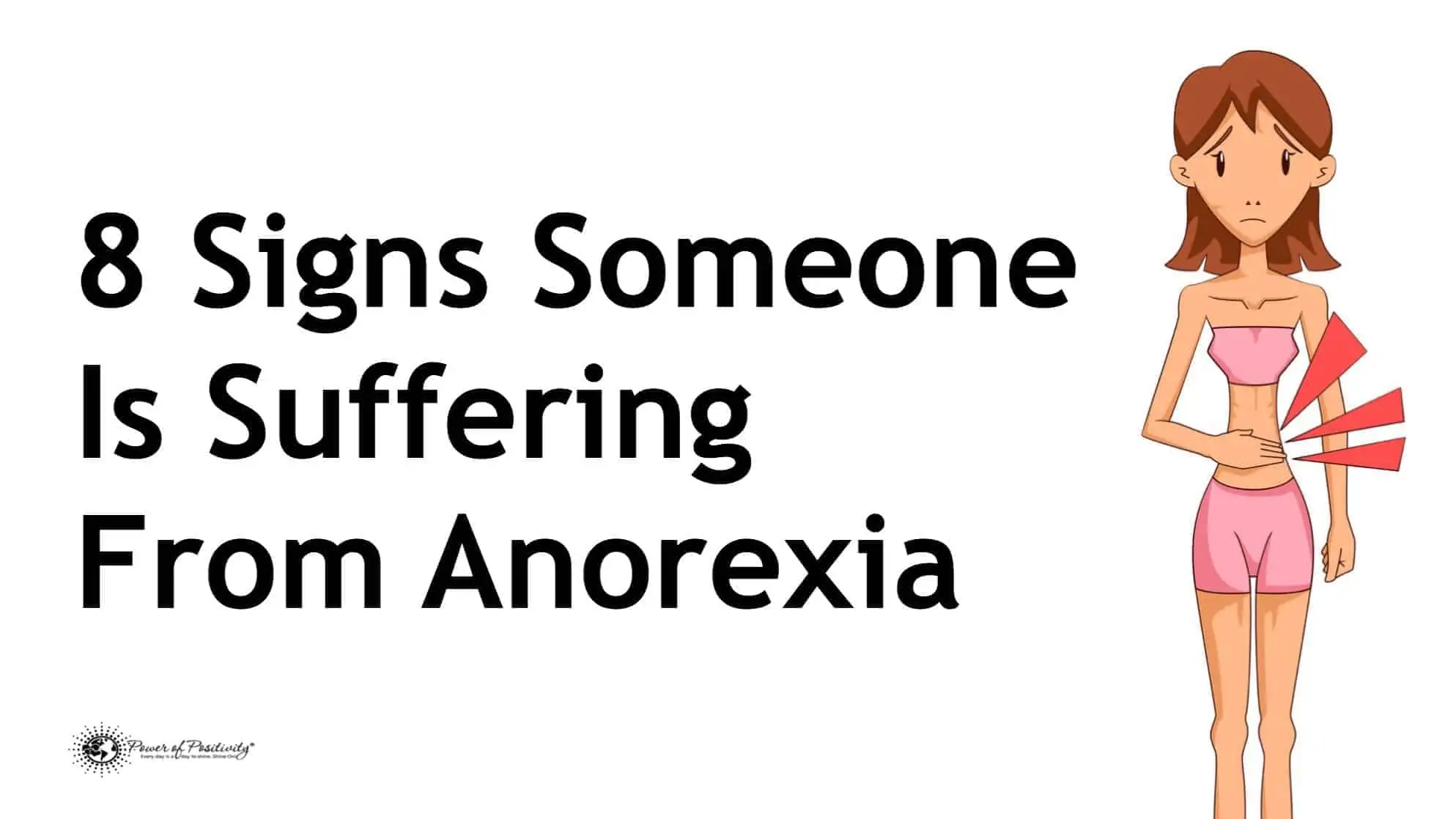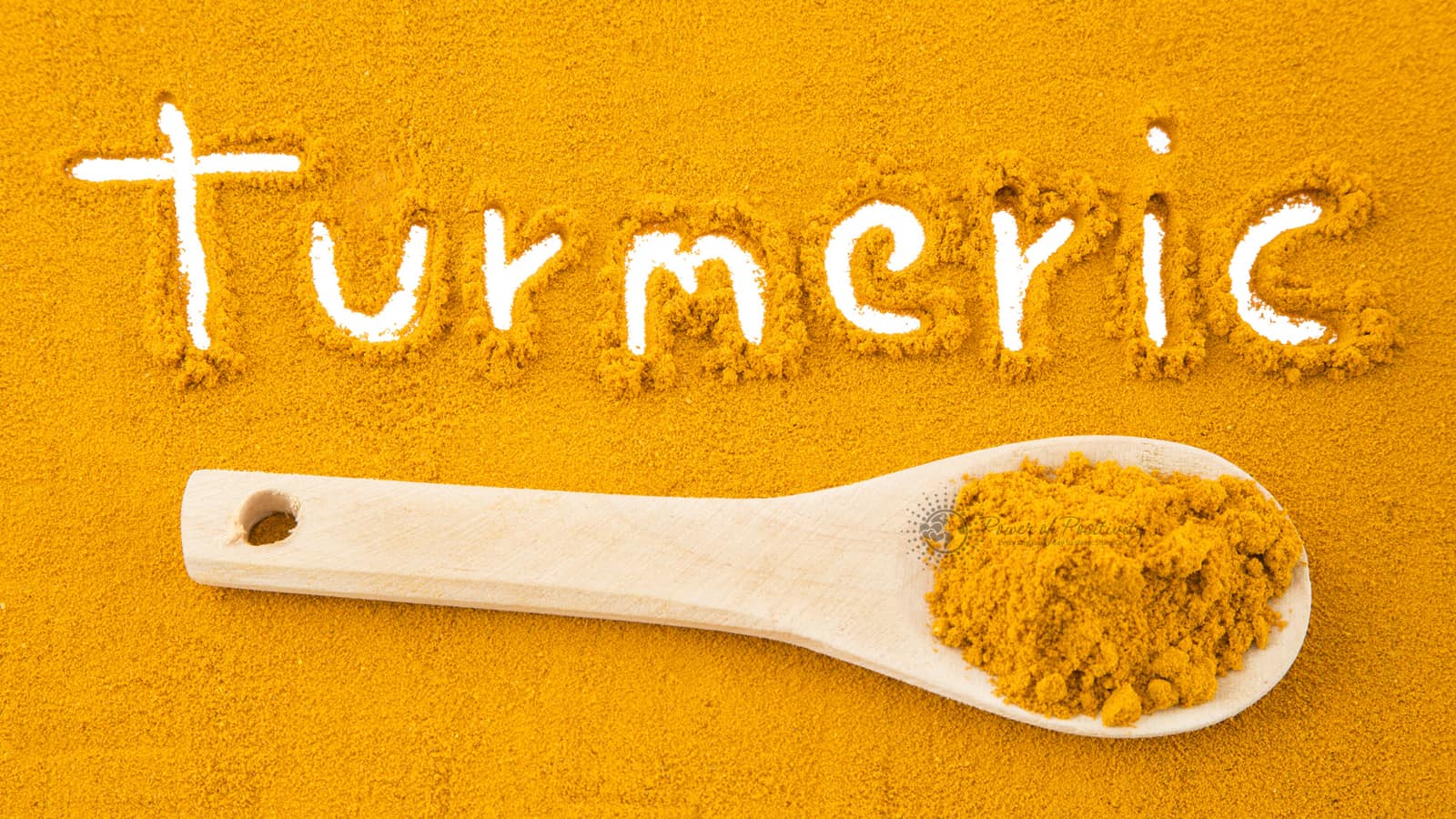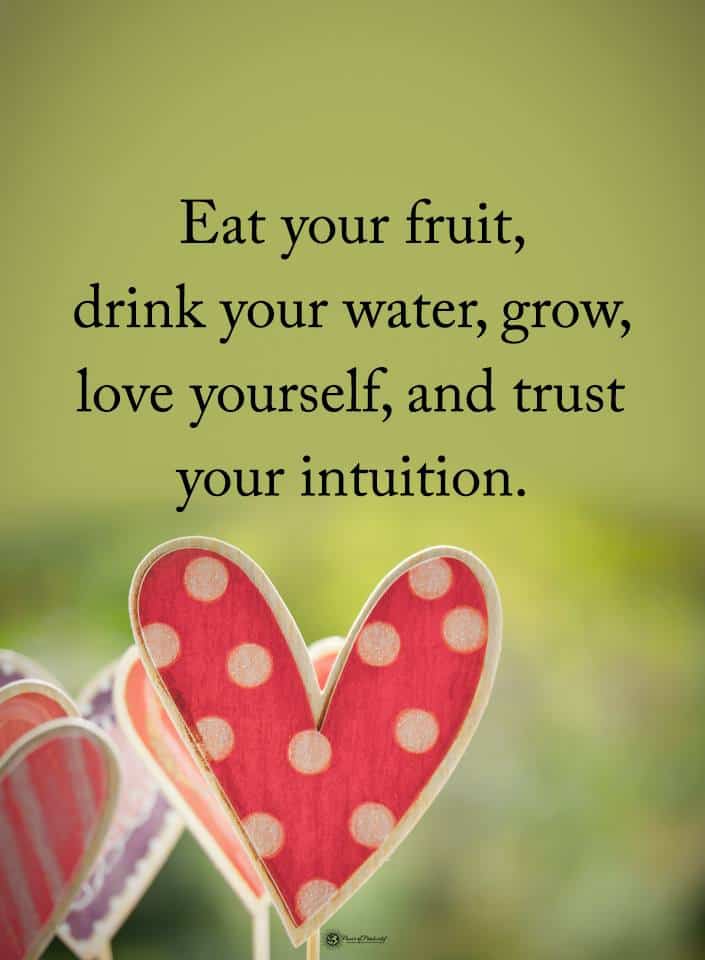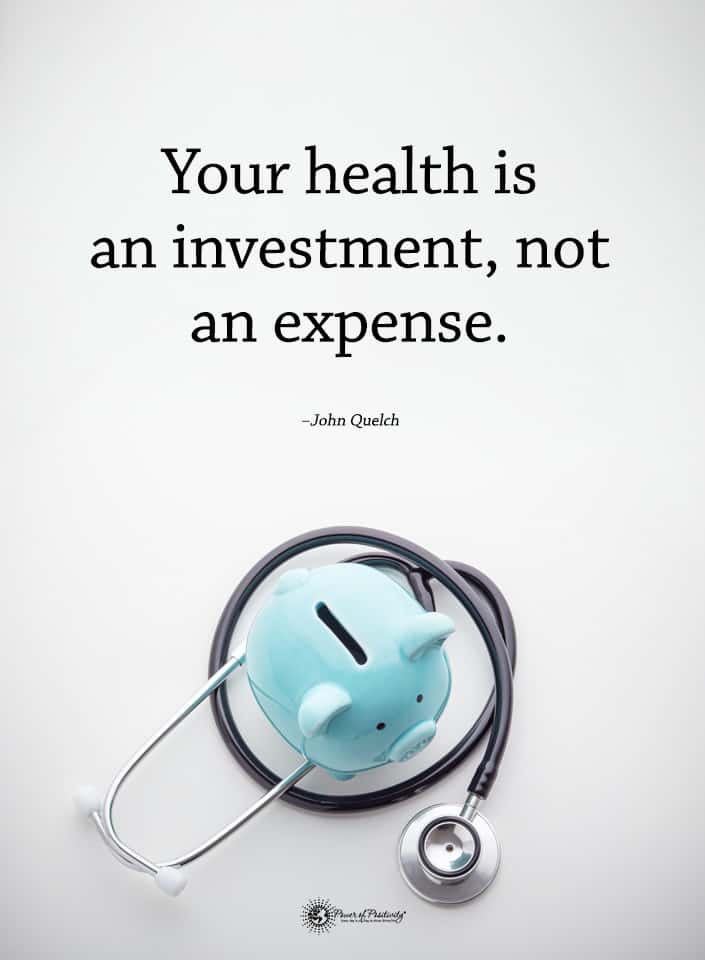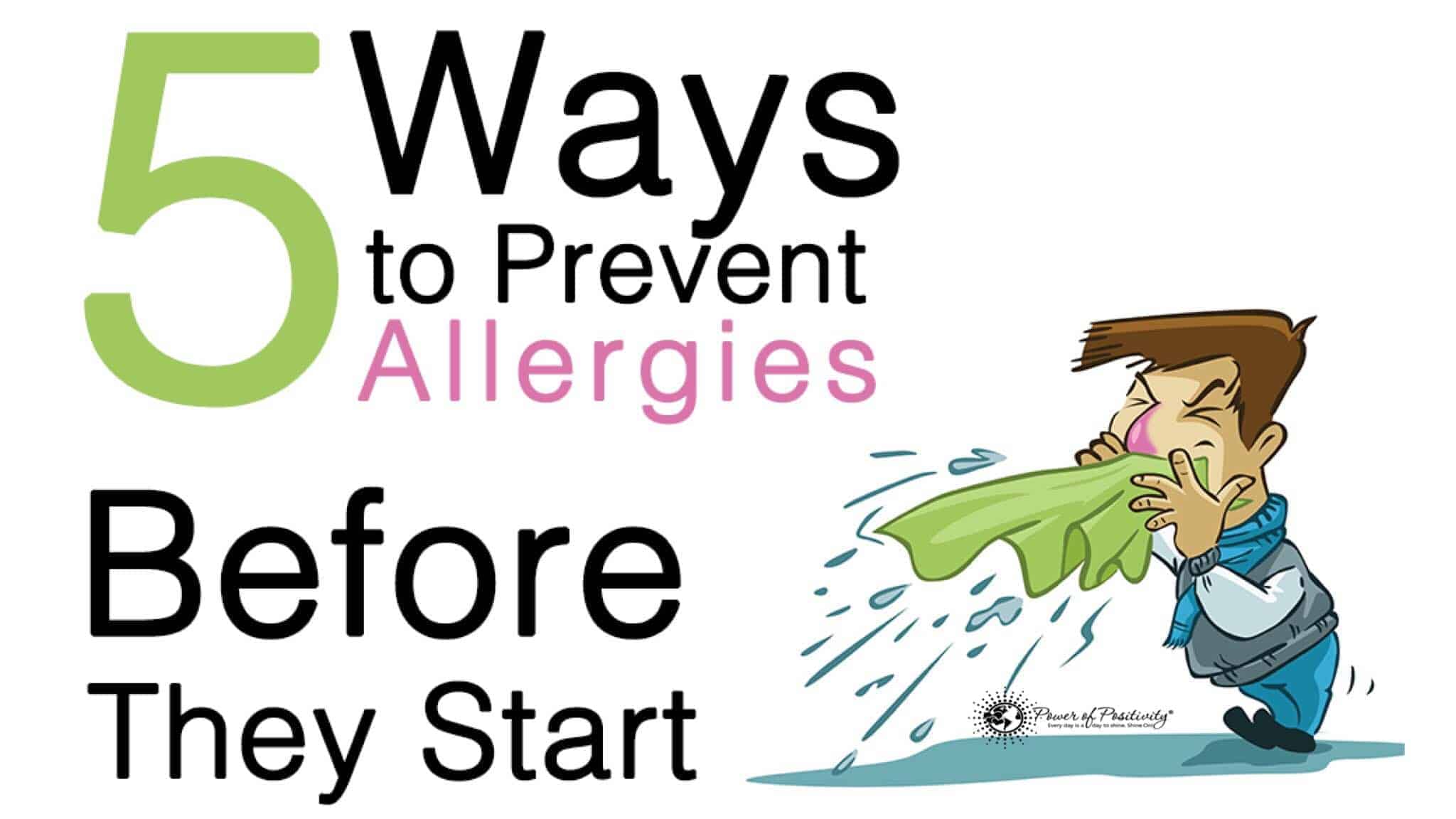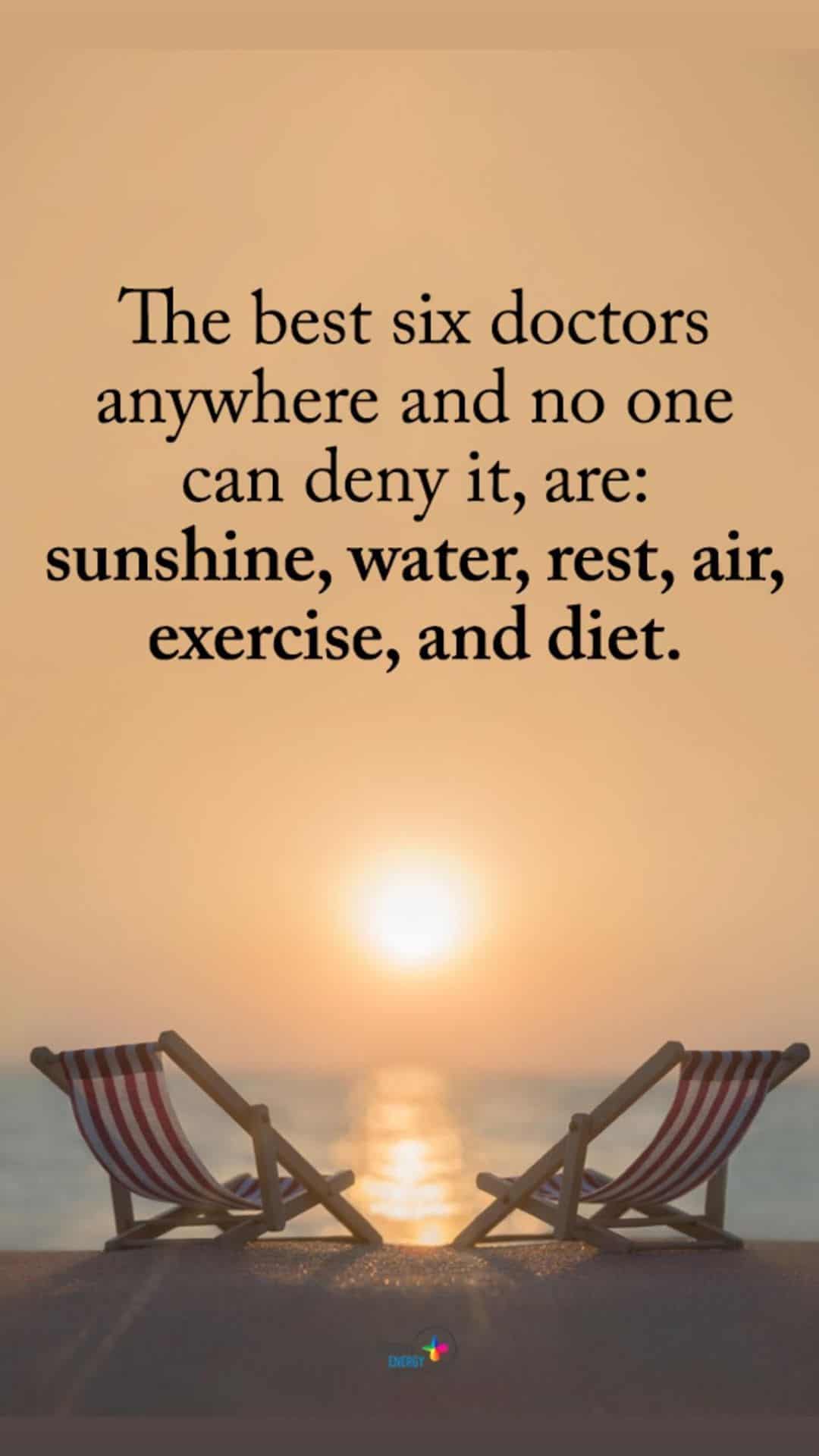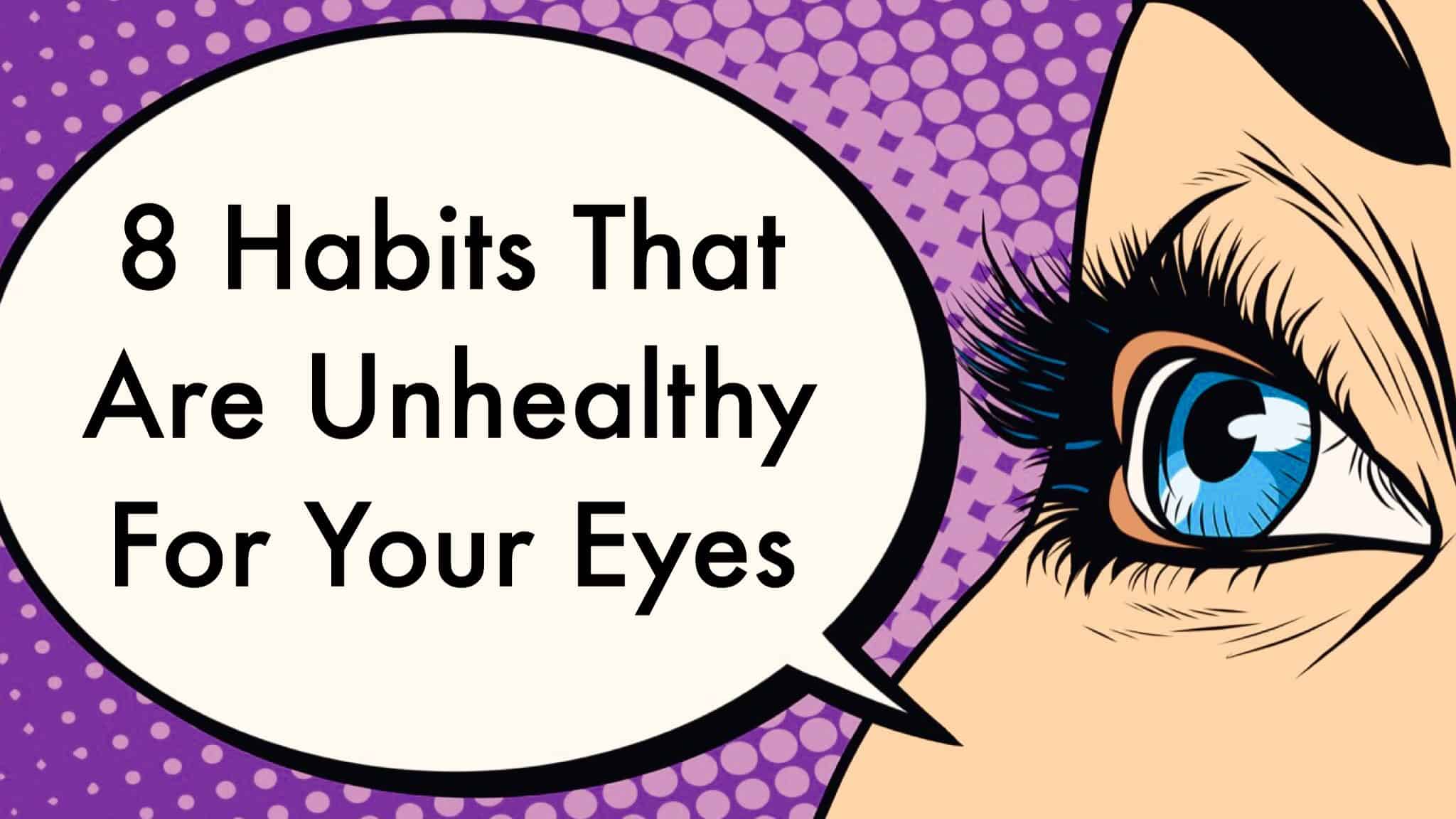People always think that only overweight people get bodyshamed, but skinny shaming happens, too. While some people can maintain a healthy weight being skinny, others might need to gain some weight; for example, those in recovery from anorexia. Anorexia is a serious mental disorder that requires medical and psychological treatment, but it can be overcome.
We hope these photos below prove to all women (and men) out there that being skinny does not always mean being healthier.
Here are 10 women who prove being skinny isn’t always better:
1. This beautiful woman went from 83 to 110 lbs and looks healthier than ever.
2. She looks great in both pics, but she’s definitely gained strength and fitness levels. Way to go!
3. Strong is the new sexy.
4. Sure, she gained weight, but she also gained happiness and health, and that is much better than being skinny.
5. From 85 to 140 pounds, this warrior woman’s motto is “food is fuel!”
6. Weighing less is not always better, and this woman proves it.
7. Happiness is not a number on the scale or a number of calories to eat every day. Happiness can only be measured by how you FEEL.
8. From 102 to 138 lbs on a healing journey to love her body and ignore disordered thinking.
She definitely proves being skinny is not always better.
9. The woman on the right is much happier than the one on the left, and that’s what really matters.
10. 30 pounds gained and a mindset transformed between the first and second picture.
We truly hope these pictures inspire women everywhere to start their journey toward health and happiness. Being skinny might be more socially acceptable than being overweight, but remember at the end of the day that it doesn’t matter what people think of you. Only how you feel about yourself matters, so give yourself the gift of self-love and remember that food is your friend.
All of us at Power of Positivity wish you health and healing on your road to recovery. 🙂
https://youtu.be/cHeI3Y_CfMo

